How has the Role of the Producer changed in Modern Music?
How has the producer's role changed within the music industry?
We discuss the role of the producer and how it has changed throughout the history of recorded music, from acoustic recording to FL Studio.
In this Article:
When we listen to our favourite records, we often wonder what went into the creation process. In many forms of the entertainment business, and especially in music and film, there has always been a demand for a creative problem solver who becomes a catalyst in transforming a raw idea into a finished article for mass consumption.
The Role of the Producer: What is a Producer?
Traditionally, a music producer is someone with a clear sense of the listener’s point of view throughout the songwriting and recording process. They can cross any creative boundary in guiding the artist with lyrical or musical direction, through carefully offering ideas and opinions.
A producer may possess a deep knowledge of audio equipment, instrumentation, and how to turn sounds from ideas into reality. Alternatively, they could also simply be a fierce music fan with a personable nature who allows the artist to showcase even their most intimate experiences on a record.
There are no right or wrong ways to go about this, and it’s impossible to say whether one route is easier or more difficult than the next. Luckily, we’ve been blessed with some truly great producers throughout the history of recorded music. By studying these brilliant individuals and their unique perspectives, we can better understand the ever-changing role of the producer.
The Role of the Producer: A & R (Artists and Repertoire)
With the advent of the long-playing record in the late 1940s, studio recording technology was on the rise thanks to innovators like Les Paul. In the years that followed, we saw music reproduction transform from primitive acoustic recording, with its limited frequency range (100 to 2500 Hz), to using high-fidelity multitrack magnetic tape.

Alongside this recording evolution, music consumption formats slowly shifted from the 7-inch singles found in diner jukeboxes to 50-minute 12-inch LPs and the birth of the album era. From the early 1950s onwards, Sam Phillips of Sun Records became a prominent figure in the recording industry, capturing legendary performers like B. B. King, Howlin’ Wolf, and Elvis Presley.
Phillips’ success in Sun Studio came through his skill for sourcing talent and selecting the ideal tracks from their repertoire that could be recorded, cut, and packaged as 7-inch singles for easy distribution. Meanwhile, Philips stayed abreast of technology, moving from 16-inch acetate discs to Crestwood and Bell tape machines in 1951, and then to the famous Ampex 350 in 1954, which he used to create his signature slapback echo sound.

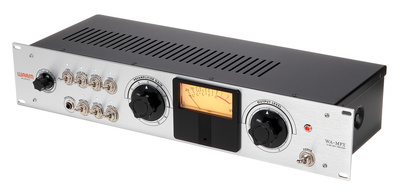
The Role of the Producer: The Recording Wizard
One of the bands that embraced and exemplified the shift from recording and releasing singles to albums was The Beatles, through their productive working relationship with Sir George Martin at EMI’s famous Abbey Road Studios. Before signing The Beatles to Parlophone (an EMI subsidiary) in 1962, Martin pioneered the realm of audio comedy production with The Goon Show.
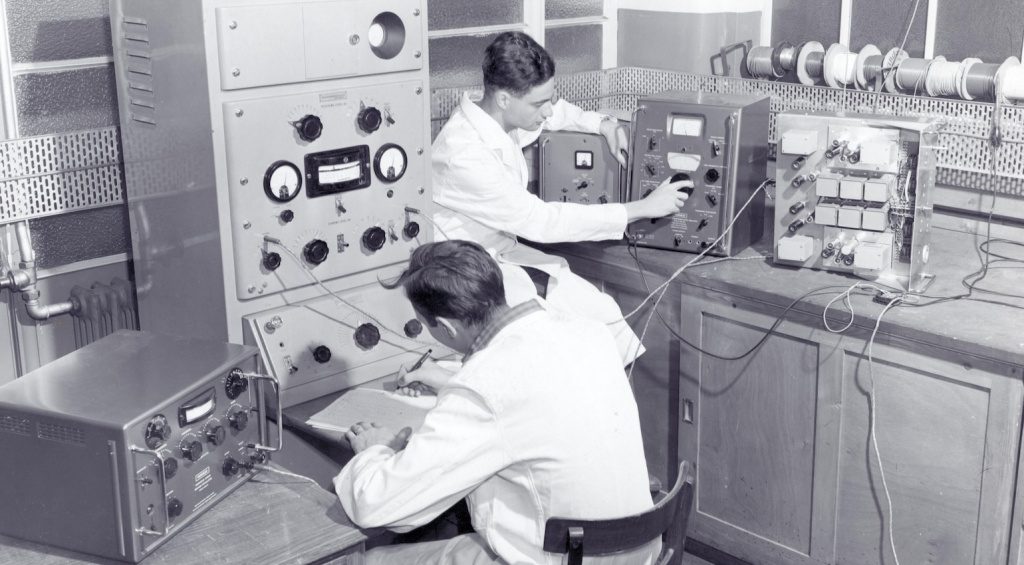
Rather than simply recording The Beatles’ performances in studio, Martin became an intrinsic part of the creative process, drawing from his experience in arrangement and orchestration. As the band became more adventurous musically, Martin’s ideas evolved intuitively, using his skill as a tape operator and editor while breaking ground with his ingenious use of tape loops.
Over time, Martin was influenced by the band’s prolific creativity, and under his stewardship, The Beatles went from churning out bubblegum for preteens to the sonic exploration we can hear on Revolver (1966) and Sgt. Pepper’s Lonely Hearts Club Band (1967).

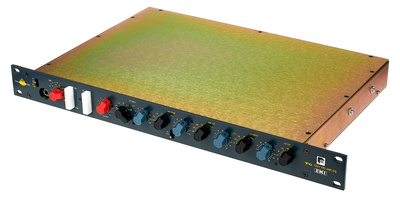
The Role of the Producer: The Guy on the Couch
Is it possible to become a producer without any musical training or audio engineering experience? Instead of running the console or programming the Fairlight, a producer like Rick Rubin is focussed on managing an album’s creative process as a project and making sure the artist’s vision translates in the most impactful way possible.
A prime example of Rubin’s genius is in the story behind the iconic Red Hot Chili Peppers hit, Under The Bridge. The song’s deeply personal lyrics began as poetry scribbled in Anthony Kiedis’ notebook, and when Rubin discovered the poem, he urged Kiedis to share it with the band. Questioning the idea’s style and emotional quality, Kiedis, was reluctant to share the song at first.
However, when the young guitar prodigy John Frusciante heard the words, the conditions became ideal for the creative spark in the form of the song’s uniquely soulful Hendrix-like chords. Rather than ever thinking that they had a hit on their hands, Rubin’s intuitive sense from the start was to coax the artist to bear that raw human quality with the listener in the most natural way.
The Role of the Producer: The Superstar Producer
Sometimes the producer, rather than the artist, is the main character in the story. Although they might not always be the easiest personalities to work with, they are as hell-bent on bringing their vision to life as even the most pedantic artists. To top it off, they have a reputation for serial hitmaking to back up their often oversized egos.
As a result, you can often hear the distinctive work of producers like Phil Spector, The Neptunes, Trevor Horn, Max Martin, and Flood as the songs immediately stand out from an endless sea of otherwise unremarkable music. While some producers have that signature sound that everyone is looking for, like “the wall of sound” for example, others succeed by being creatively versatile and adaptable to any style of music.
Although there isn’t really a template for superstar producers in terms of the role they play, they tend to be more hands-on, with a clear vision of how sounds and emotions must come across to the listener. One thing is for certain, these producers have gone beyond simply making hit records and created era-defining bodies of work. “We will never see their like again.”

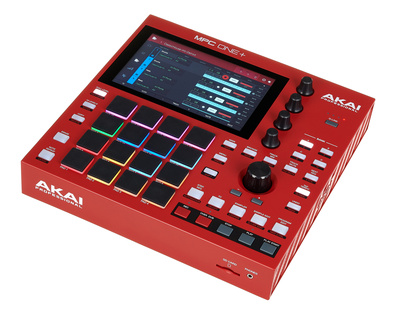
The Role of the Producer: The Beatmaker
Today, the term producer is used to loosely describe a beatmaker who creates the instrumental backing tracks for Pop and Hip-Hop songs. The fundamental difference here is that the job is a far more artistic one, where you may no longer be the primary overseer of the project or a channel between the artist and their record label.
Instead, arrangement decisions are made by the artist and their songwriting team during the recording process. This power shift in the creative roles resulted in the culture of producers selling beats for a fixed fee. While major producers could do this and still maintain their publishing royalty split, others sold the rights in their entirety.
As streaming became the norm, publishing revenue plummeted for producers, so selling beats outright became the norm. In this new online landscape, the global beatmaking culture is now one of the primary driving forces behind music technology and the development of exciting new music production tools.

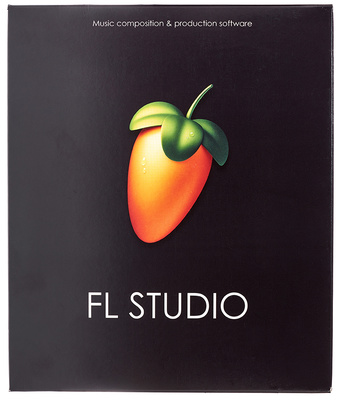
More about the Role of the Producer:
*Note: This article contains promotional links that help us fund our site. Don’t worry: the price for you always stays the same! If you buy something through these links, we will receive a small commission. Thank you for your support!
2 responses to “How has the Role of the Producer changed in Modern Music?”
 4,0 / 5,0 |
4,0 / 5,0 | 







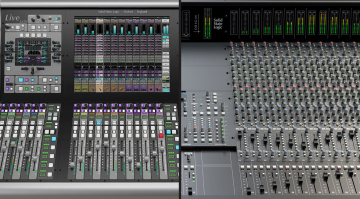

Just one acronym, AI. Cheerio Trevor Horn, Tony Visconti, Phil Spectre, times up. We’ve got a money-focussed bot that’ll produce without the tantrums about ‘his art’, and that won’t a shirt so loud as to break all decibel records. You’re all doomed, engineers, journos, A&R, instrument makers, you have no hope Abbey Road, it’s all finished. Here comes yer bot, got the big money behind it, and they don’t need YOU anymore Mark Knopfler, Keith Richards, and dare we suggest Lady Effin Gaga neither 😎
Producer: Writes the music, makes sure it gets recorded to industry standards for approval by record label. Artist takes credit for all songwriting.
This is the last Production model that humans will be known for.
As the previous poster mentioned, the music industry will be driven by AI from now on.
The only human participants in the music industry from now on will be rich people who don’t have to earn a living wage.